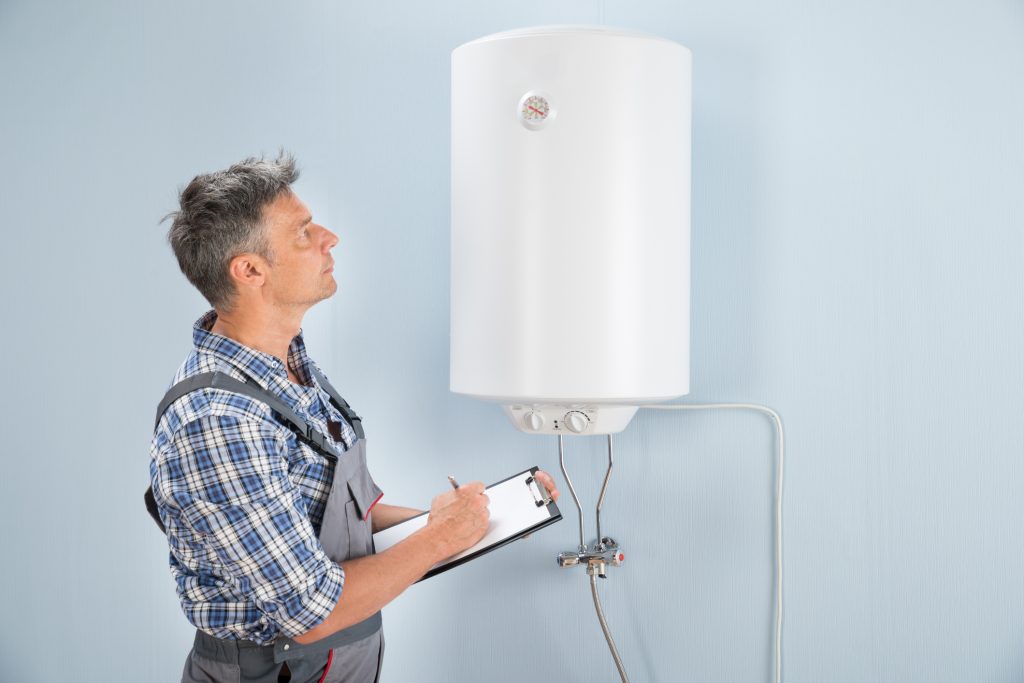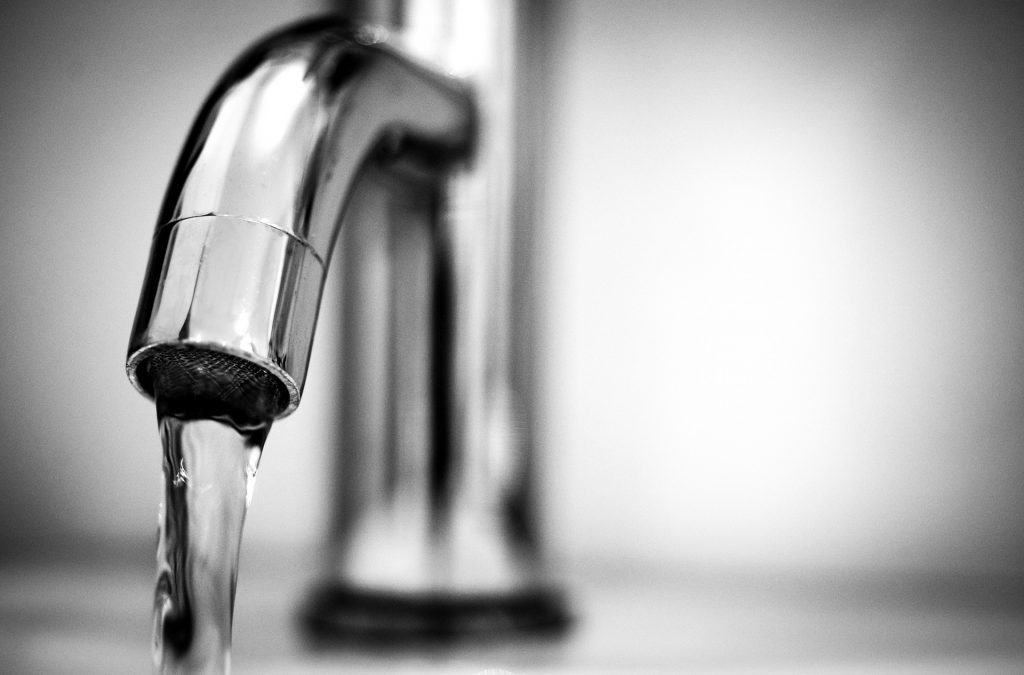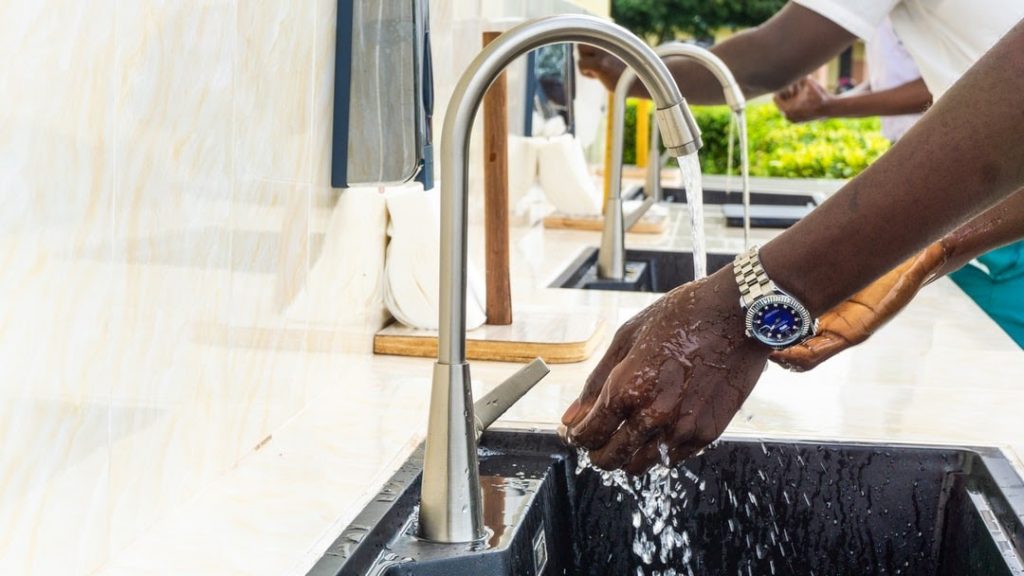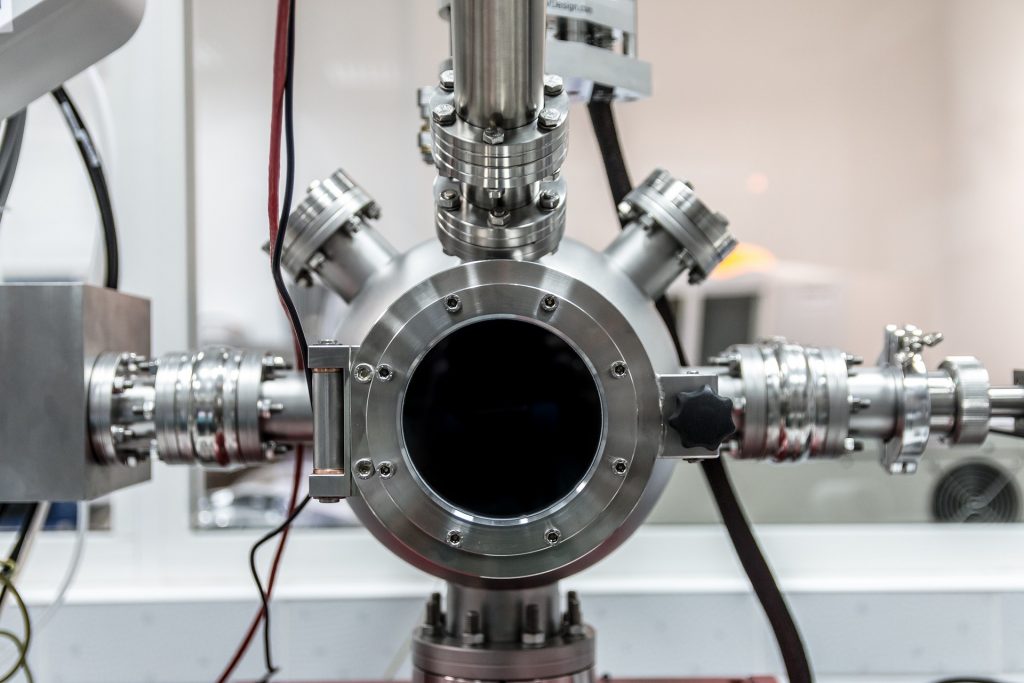It’s morning and you’re barely awake. The first thing you do is hop in the shower to get ready for the day. The water starts to warm up and the water is hotter than normal.
You think you turned the knob a bit too far. But you make a quick adjustment and add a bit of cold water. That’s better.
You hop out, wash your face with warm water. But there is scalding hot water from the tap. Now you know this wasn’t an accident.
Your water heater that’s suddenly scalding hot might be a sign of a problem. Your water heater is overheating.
Yes, warm water or even hot water is fine. But when it gets too hot, that can be an issue. Plus, you could get badly burned from it.
Let’s take a look at the following reasons why your gas water heater may be overheating.
What could be causing your water heater to overheat?
So what exactly could be causing all this trouble? Let’s take a look at the following issues:
Setting is too high
The first cause of a water heater overheating is that the temperature is set too high. The average water heater is set to 120 degrees Fahrenheit. A higher setting on your water heater will lead to suddenly scalding hot water.
Luckily, the water heater that is set to a high temperature is an easy remedy. You can lower the temperature of your water heater if it is set too high. If the thermometer is not set at a high temperature, you can continue down the list of causes.
Mineral build-up
The second cause we’ll look at is mineral buildup. Groundwater has minerals and sediment that settle at the bottom of the water heater. The mineral buildup will prevent your water heater from working efficiently.
As a result of mineral buildup, you should flush your water heater annually. If the temperature is not set too high, check for mineral buildup as the culprit of your hot water heating issues.
Broken pressure valve
The third cause may be a broken pressure valve. The pressure valve regulates the temperature of the water by raising the temperature of groundwater as it enters the home.
A faulty pressure valve will impede the water heating process because there is no water regulation. A faulty pressure valve will cost a lot of money in unnecessary water heating bills. To restore your water heater to its normal state, fix your pressure valve as soon as possible.
Gas water heaters vs. electric water heaters: What’s the problem?
Another factor to consider is whether your water heater is gas or electric. Consider the power source because gas and electric water heaters operate differently.
As a result of different methods, the mechanisms involved in a gas water heater are different than those of an electric water heater. You can proceed once you know whether you have an electric water heater or a gas water heater.
Gas water heaters
A gas water heater overheating is usually a result of gas supply, the pilot light, the thermometer, the safety, or the dip tube. The first thing to check is if there is a supply of gas going to your water heater. If the gas water heater does not have gas, it cannot heat.
Another factor is the pilot light flame. Sometimes, the pilot light flame gets extinguished, and the water heater won’t work properly. Check to see the status of the pilot light flame ignition.
You can also check the thermometer temperature, which should be set to 120 degrees Fahrenheit. Another contributing factor to water overheating is the safety shutoff valve. Gas water heaters have safety shutoff valves that prevent the water heaters from overheating. A faulty safety shutoff valve will not prevent the water from overheating and will result in scalding hot water.
Finally, there could be a problem with the dip tube. The dip tube brings water from the top of the heater to the bottom of the heater. At the bottom of the heater, the water heats up.
A fault dip tube will not effectively engage in this process. Check the gas supply, pilot light, thermometer, safety, and dip tube, if your gas water heater is overheating.
Electric water heater
An electric water heater overheating is a specific problem with unique causes. The most common causes may include, but are not limited to, an improperly set thermometer, malfunctioning pressure relief valve, or sediment buildup.
An improperly set thermometer means that the temperature is too high or too low. If the thermometer is set too high, scalding hot water will enter the home.
If the thermometer is not at 120 degrees Fahrenheit, make the appropriate change. Another cause of electric water overheating is a malfunctioning pressure relief valve. A malfunctioning pressure valve fails to regulate the water in your home, resulting in hot or cold water.
A plumber or water specialist can fix your malfunctioning pressure relief valve before it becomes a more costly repair. Finally, mineral buildup at the bottom of the tank can cause your electric water heater to overheat. Water circulation in the electric heater causes sediment buildup at the bottom of the tank.
Water Heater Problems? Contact Us
If you need help with your water heater overheating, American Home Water & Air is your go-to plumbing service. Our professional technicians will check out the issue and fix it as soon as possible. Don’t wait any longer before the problem gets worse. Call us today at 602-993-0083 for more information.
[related_posts_by_tax posts_per_page="3" format="thumbnails" image_size="medium"]









